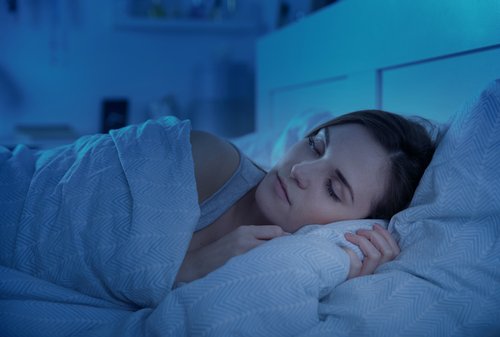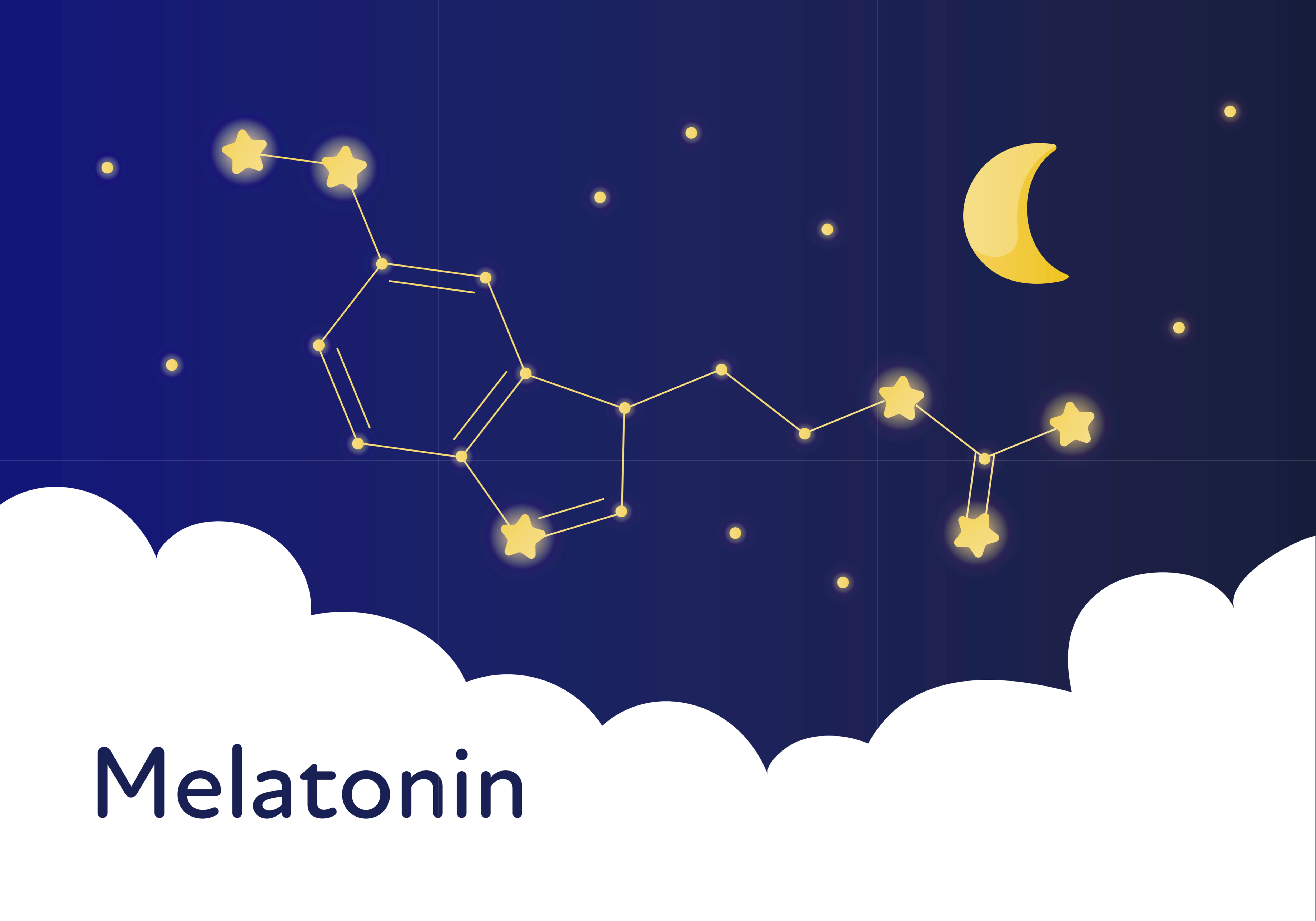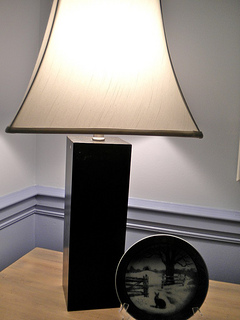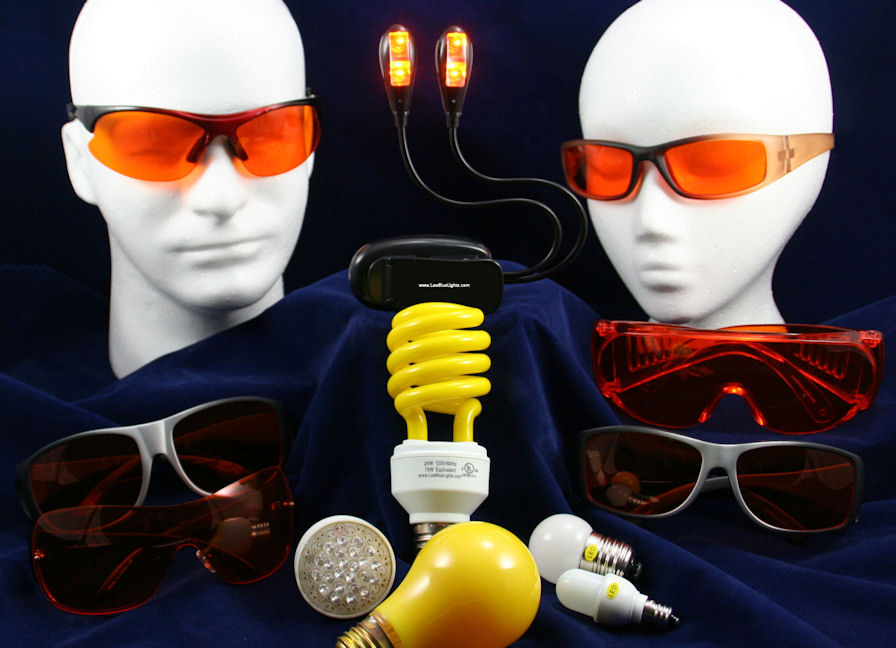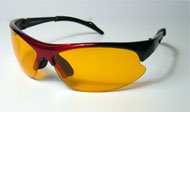Melatonin As A Sleep Aid
To help us better understand how naturally produced melatonin can enhance the quality of one's sleep, Richard L. Hansler, PhD, shares with us what he has learned about the effect of light on sleep and health and the role that melatonin plays.
1. Please tell us about your background and credentials and what prompted your interest in light and health?
As a physicist with degrees from the University of Chicago (BS) and Ohio State University (PhD) I did research for GE Lighting for more than 40 years developing better and brighter light bulbs. After retiring from GE I founded the Lighting Innovations institute at John Carroll University where we began studying the effect of light on health. We learned that using ordinary light at night robs the body of melatonin which makes sleep more difficult and increases the risk of deadly illnesses such as diabetes, obesity, heart disease, and breast, colon and prostate cancer.
2. You write in your book, "Great
Sleep! Reduced Cancer!”: A Scientific Approach to Great Sleep and Reduced
Cancer Risk, that in recent times insomnia has become more prevalent. Why do
you think it has become a bigger problem in today's culture?

I believe it is partially a cultural thing. Everyone is so connected now through all the electronic gadgets, but partly it is the result of increased exposure to light in the evening and during the night.
This results in the loss of melatonin as mentioned above. Many people now work irregular hours which makes sleeping more difficult.
3. How does light contribute to poor sleep?
Light, especially blue light controls the biological or internal clock. When the eyes are exposed to light first thing in the morning it resets the internal clock.
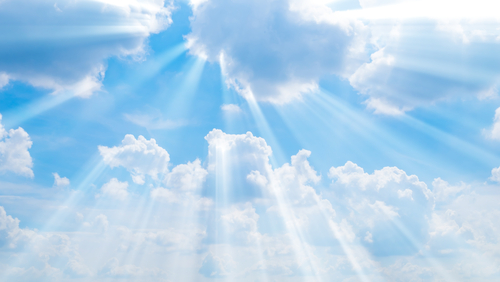
Approximately 12 hours later the clock stimulates the pineal gland to start producing melatonin. The amount in the blood builds to a maximum about 2 A.M. and then drops to near zero about the time of rising.
Exposing the eyes to light restarts the whole daily or circadian cycle. This is what occurred before we had electric lights.
Now, if the eyes are exposed to light in the evening, it prevents the pineal gland from producing melatonin. This makes it hard to fall asleep and sleep is less restful and refreshing.
The light exposure in the evening also tends to reset the internal clock to a later time so melatonin flow doesn’t end by early morning this making it hard to wake up. This constant resetting or disruption of the circadian rhythm is also thought to damage health in addition to damage resulting from lack of melatonin.
4. Explain the role of melatonin in sleep and describe the meaning of Dim Light Melatonin Onset.
Exactly how melatonin aids sleep is not completely known. There are melatonin receptors in all the organs and tissues throughout the body. The arrival of melatonin lets that organ or tissue know it is nighttime, time to slow action and rebuild. Core body temperature drops and a sensation of sleepiness ensues. But melatonin is not an anesthetic. If one needs to perform at a high level it is possible to respond normally even when there is melatonin present in the bloodstream.
Dim Light Melatonin Onset (DLMO) is the accepted way to determine the circadian rhythm. It is the time at which melatonin concentration in the blood or saliva rises above some fraction of the peak concentration when the eyes are exposed to light so dim it does not affect the value. It is clearly a strong function of when the eyes are exposed to light in the morning and prior light history. The circadian rhythm is fairly robust as demonstrated by how long it takes to recover from jet lag.
5. What can a person do to help stimulate the flow of melatonin at night?
Since it is primarily the blue rays in ordinary white light that control the circadian rhythm, one can make the body act as if in darkness by using light bulbs that don’t make blue light or by wearing eyeglasses that block blue light.
These products were developed at John Carroll University in 2005 and are available from a spin-off company Photonic Developments LLC at www.lowbluelights.com.
6. Shutting of melatonin during the day is as important as stimulating it at night. Explain how and why this helps us to sleep better.
The resetting of the internal clock by exposing the eyes to light in the early morning is important.

In addition, studies have shown that exposing the eyes to a lot of light during the day actually increases the amount of melatonin produced at night.
A study in a nursing home found that by helping the residents stay awake during the day by providing lots of light exposure, improved their sleep at night.
7. I have personally benefited from wearing your blue light blocking glasses in the evening. Tell us how they work, when should they be worn and who would benefit from them.
The basic reason they work is explained in 5 above. We recommend people put then on a number of hours before bedtime so that the total time wearing them combined with time in darkness while sleeping add up to 11 or 12 hours, the time during which melatonin can be produced by the pineal gland. Even though you may not have a problem sleeping, everyone can benefit from maximizing melatonin to reduce their risk of illness.
8. If someone is interested in knowing more about how to block blue light at night and improve their sleep how can they get more information or find your products?
There is a great deal of information on the website mentioned above. In addition to Great Sleep! Reduced Cancer!: A Scientific Approach to Great Sleep and Reduced Cancer Risk
Get practical advice on how to fall asleep, stay asleep and to get deep sleep. It's free so sign up here:

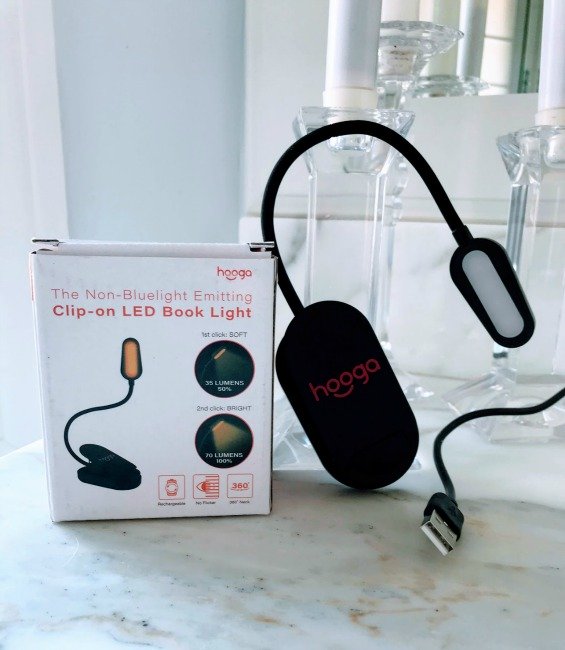


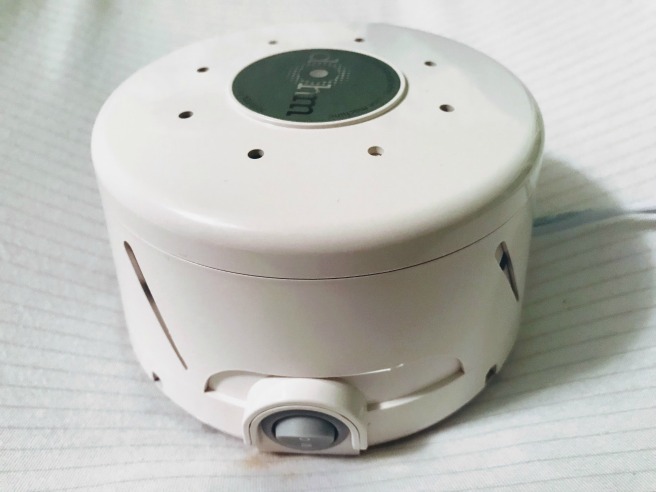

Ancient Minerals Goodnight Magnesium Lotion
Please note that while I do receive commissions from some of the things promoted on this site, I recommend them because I feel they would be of benefit to you.
Advertisers/Affiliates have been hand-picked so that only quality products are recommended. I have used them in my own life and share them with you because that's what friends do.
